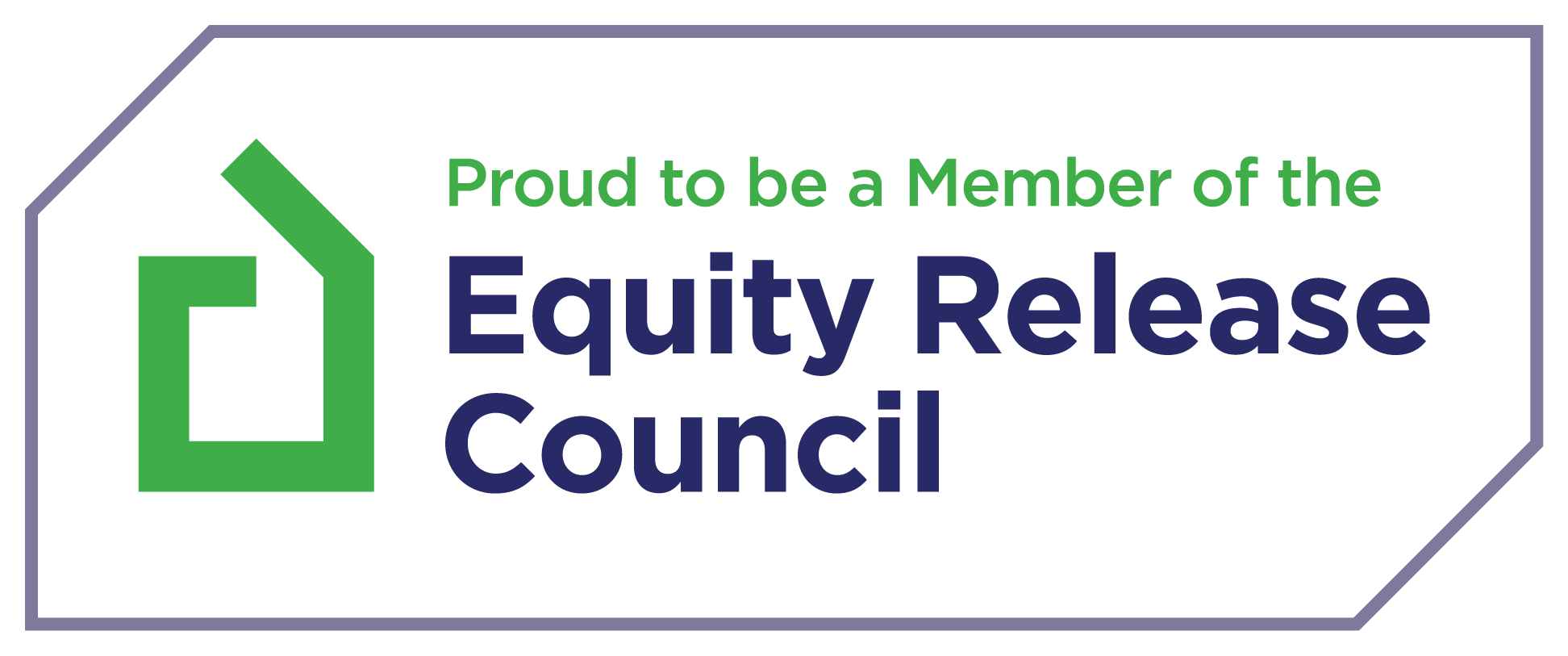What our customers say.
Peter & Joy - Newton Abbot
We were very pleased with the services that Andrew provided to us to obtain an increase in our equity release. Very helpful, patient, and reliable for all aspects of the equity, no issue to small to be dealt with. Always reliable to responding to issues, informing us of any changes and progress. Looking for the most acceptable offers suitable for us considering cost and outlay for the future.
Would highly recommend his services to anyone seeking the possibilities of equity release. Very pleased with our outcome now successfully completed.
Jayne & Brent - Beaworthy Devon
Mr Andrew Ferrett was excellent and friendly. I felt really comfortable with him. He did not try to sell me anything I did not want, in fact the very opposite. I cannot recommend this gentleman enough, he is an asset to the company. The whole equity release went through without a hitch. The Solicitors he recommended were super friendly and very efficient. Well done you.
Margaret & Bruce - Holsworthy Devon
We contacted Andrew through the Equity Release Council website. he came to visit and explained everything clearly, assessed what our needs were and went away to research. Soon afterwards he presented us with his findings.
He explained the differences up and downs of each option. All our requirements were met by his recommendation which we have now completed on.
Andrew has been the consumat professional at all times, very approachable with the simplest question and always detailed. We would not hesitate to recommend his services to family and friends.
Mary - Bude Cornwall
Would recommend Andrew to anyone who's thinking of doing this, as very welcoming and easy to talk to. Also answered all my questions making everything go with ease.
David & Susan M - Plymouth
"We found Andrew very easy to deal with. Professional in every aspect of our equity release procedure, any questions were answered very promptly and with expert advice. He made the process very straight forward, and stressless. Very much a gentlemen. We would recommend him to anyone considering equity release, and would like to thank him for his patience and professional advice.
Previous slide
Next slide
Do you want to become an introducer?
My Home Equity Release is a trading name of Equity Release Associates Limited, which is authorised and regulated by the Financial Conduct Authority. FCA registered number 932793.
We provide initial advice for free and without obligation. Only if you choose to proceed and your case completes would a typical fee of £1,695 be payable. Equity release may involve a home reversion or a lifetime mortgage, which is secured against your property.
To understand the features and risks, ask for a personalised illustration. Equity release requires paying off any existing mortgage. Any money released, plus accrued interest would be repaid upon death, or moving into long-term care.
Andrew Ferrett is a member of the Equity Release Council – an organisation set up to protect the interests of plan holders.

Equity Release & Lifetime Mortgages specialists in Devon and the UK.
The key to unlocking the cash tied up in your home.
Explore
Tools
Download


